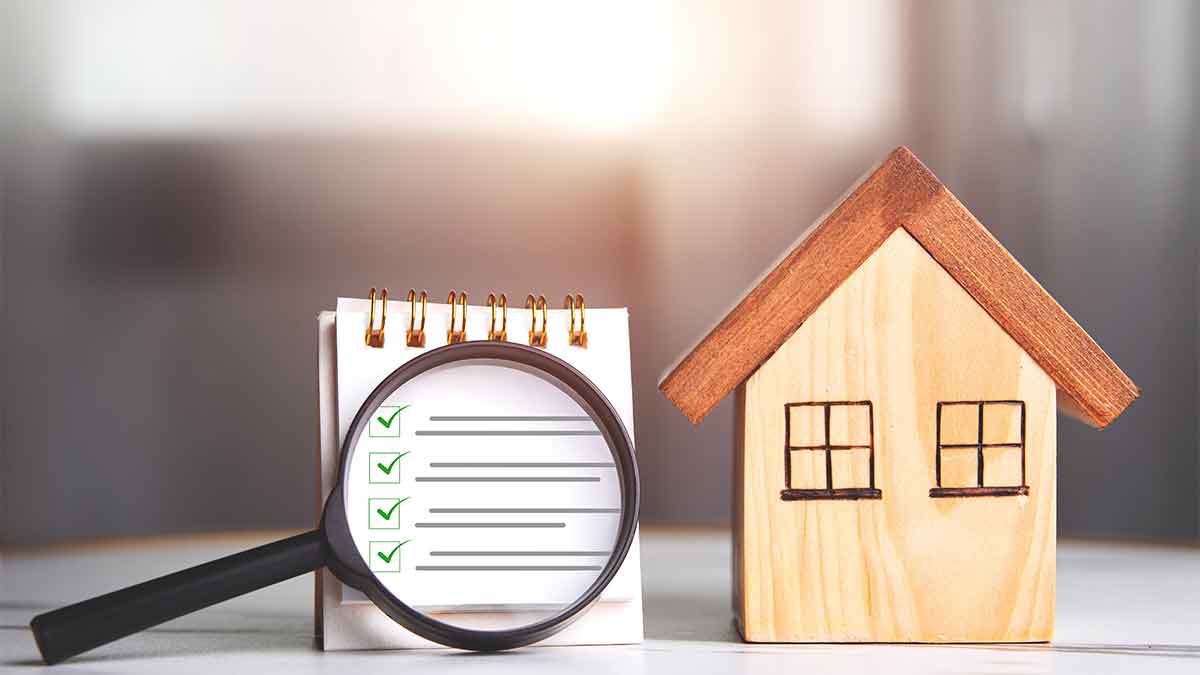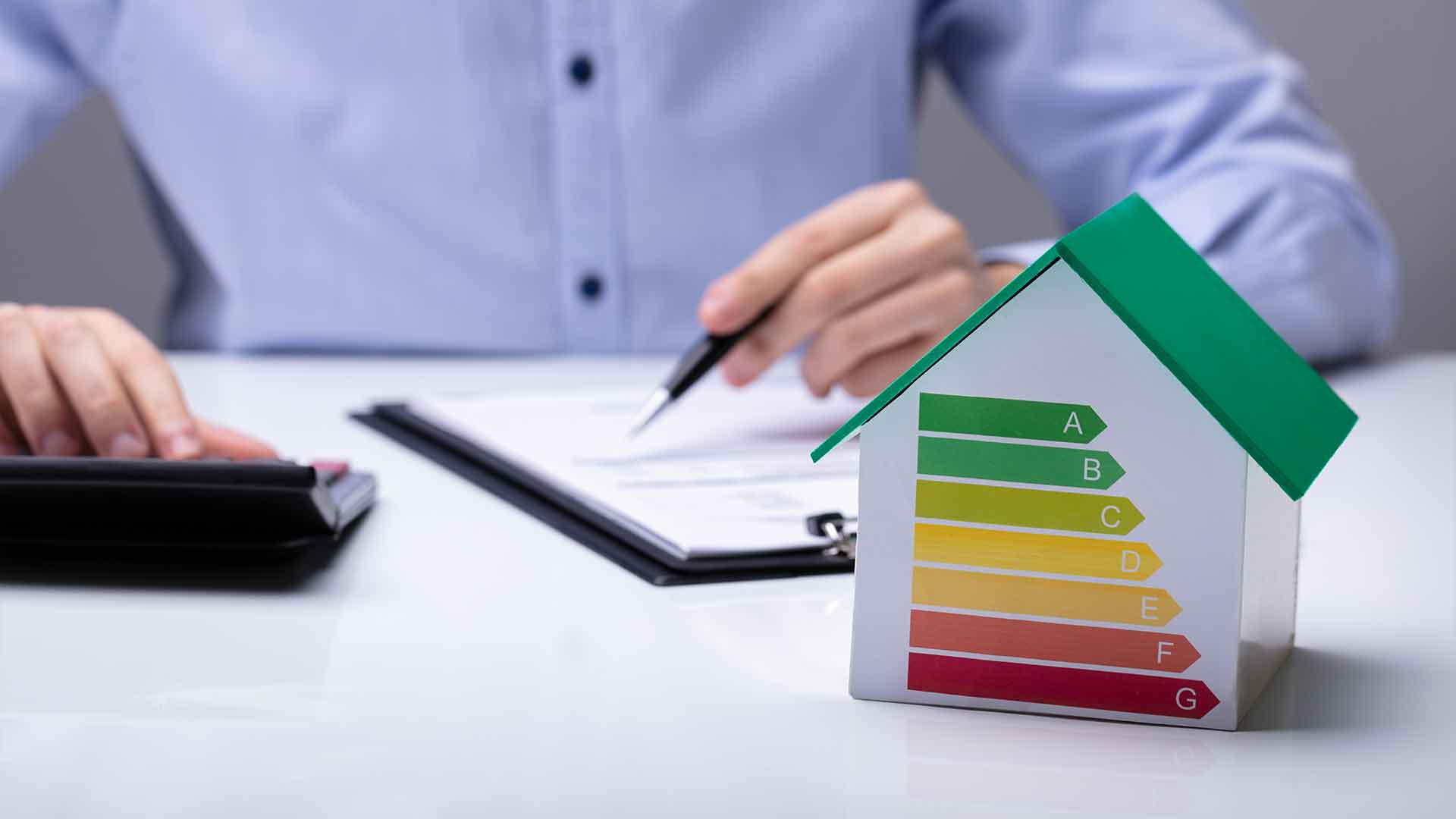When it comes to real estate, property inspections play a pivotal role in ensuring quality, safety, and compliance with regulations. Understanding the differences between property inspection standards across regions can provide valuable insights for investors, homeowners, and developers.
In this blog, we’ll delve into the property inspection standards in Dubai versus international markets, highlighting the role of Emirates Book Valuation Standards (EBVS), and examining how Dubai’s real estate market compares to global benchmarks.
What Are International Property Inspection Standards?
International property inspection standards serve as a benchmark for evaluating the quality and condition of real estate. These standards encompass a broad spectrum of criteria, including structural integrity, safety compliance, environmental impact, and market valuation. Organizations like the International Standards Organization (ISO) and the American Society of Home Inspectors (ASHI) play an integral role in defining these guidelines.
For investors seeking to purchase properties in different markets, understanding international property inspection standards ensures that they are making informed decisions. These standards are designed to minimize risks, ensure safety, and protect buyers from unforeseen issues related to their investments.
Property Inspection Standards in Dubai
Dubai’s real estate market is renowned for its luxurious properties and state-of-the-art infrastructure. However, the emirate’s property inspection standards are uniquely tailored to meet the region’s climate, regulations, and market expectations. Dubai follows strict regulations established by the Dubai Land Department (DLD) and Real Estate Regulatory Authority (RERA)
Key highlights of property inspection services as per the regulations in Dubai include:
- Emphasis on Energy Efficiency: Given the region’s climate, property inspections in Dubai often prioritize energy efficiency. This includes ensuring proper insulation, air conditioning efficiency, and the use of sustainable materials.
- Structural Compliance: Inspections focus on the structural integrity of properties to ensure safety during extreme weather conditions like high heat and occasional sandstorms.
- Emirates Book Valuation Standards (EBVS): EBVS is a cornerstone of Dubai’s real estate inspection framework. This set of standards ensures uniformity and transparency in property valuation, aligning local practices with global expectations. It addresses factors like:
- Market Value Assessment: Providing an accurate estimate of the property’s worth.
- Inspection Criteria: Incorporating detailed evaluations of physical conditions, building compliance, and market dynamics.
- Sustainability Metrics: Highlighting eco-friendly aspects of the property.
- Fire and Safety Compliance: RERA mandates rigorous checks for fire safety systems, such as sprinkler systems, fire extinguishers, and emergency exits.
- Technological Integration: Dubai has integrated advanced technology, such as drones and AI-driven software, to enhance the accuracy and efficiency of property inspections.
International Property Inspection Standards vs. Dubai’s Practices
While Dubai has established a robust inspection framework, there are notable differences when compared to international property inspection standards. Let’s examine these distinctions in key areas:
1. Valuation Standards
- International Markets: Most countries adopt internationally recognized valuation practices, such as those defined by the International Valuation Standards Council (IVSC).
- Dubai: EBVS provides a region-specific valuation approach, considering local market trends, property types, and unique climate challenges.
2. Inspection Criteria
- International Markets: Inspection criteria often include a broader focus on environmental impact and energy ratings, particularly in regions with stringent eco-regulations like the EU.
- Dubai: While Dubai incorporates energy efficiency into its inspections, the focus leans heavily on ensuring durability and sustainability in arid conditions.
3. Safety Protocols
- International Markets: Safety inspections emphasize compliance with national building codes, earthquake resistance (in seismic regions), and advanced electrical safety standards.
- Dubai: Inspections prioritize fire safety and weather resilience, ensuring buildings can withstand high temperatures and sandstorms.
4. Documentation and Transparency
- International Markets: Buyers and investors are often provided with detailed inspection reports outlining every aspect of the property.
- Dubai: Detailed reports are available but heavily guided by EBVS, ensuring compliance with Dubai’s specific market and legal requirements.
Advantages of Property Inspection Standards in Dubai
Enhanced Market Transparency
Dubai’s property inspection standards, underpinned by the Emirates Book Valuation Standards (EBVS), provide an unmatched level of transparency. Buyers and investors benefit from comprehensive evaluations that encompass property conditions, market trends, and sustainability metrics. This level of detail fosters trust, reduces the likelihood of disputes, and ensures a secure and informed decision-making process for all stakeholders.
Technological Innovation
The integration of advanced technology, such as AI and drones, has revolutionized property inspections in Dubai. These innovations enable highly precise assessments, minimize human error, and streamline the entire inspection process. Buyers and sellers gain access to accurate documentation of property conditions, ensuring clarity and efficiency throughout transactions. The use of technology also accelerates inspections, making the process quicker and more reliable.
Adaptation to Climatic Challenges
Dubai’s unique climate demands tailored property inspection standards. The inspections emphasize energy efficiency, durability, and the ability of buildings to withstand extreme temperatures and environmental conditions such as sandstorms. Properties are thoroughly assessed for insulation quality, ventilation systems, and structural resilience to ensure long-term comfort and sustainability for residents.
Stringent Safety Compliance
Safety is a cornerstone of Dubai’s property inspection framework. The Real Estate Regulatory Authority (RERA) enforces rigorous safety protocols, including fire prevention measures, structural soundness, and emergency preparedness. These standards not only enhance occupant safety but also increase the value and desirability of properties. Dubai’s commitment to safety ensures that properties meet the highest standards of reliability and security.
How Dubai Real Estate Stands Out Globally?
Dubai’s real estate sector has positioned itself as a global leader through innovation and adherence to high standards. However, when comparing Dubai real estate vs. global property markets, certain unique characteristics emerge:
- Luxury-Focused Market: While many international markets cater to diverse income groups, Dubai primarily targets high-net-worth individuals and investors.
- Tax-Free Investment: Unlike many global markets, Dubai offers a tax-free environment, making it an attractive destination for international buyers.
- EBVS Compliance: The integration of Emirates Book Valuation Standards ensures that Dubai remains competitive while maintaining market-specific practices.
- Speed of Development: Dubai’s rapid construction and inspection processes often outpace those in international markets.
Key Considerations for Buyers
Whether investing in Dubai or international markets, buyers should:
- Request detailed property inspection reports.
- Verify compliance with local and international standards.
- Consider factors such as climate resilience, energy efficiency, and safety protocols.
- Seek professional advice for property valuation, particularly in Dubai, to understand EBVS guidelines.
FAQs
What are the key differences between property inspection regulations in Dubai and international markets?
Dubai’s regulations emphasize climate resilience, fire safety, and the use of Emirates Book Valuation Standards (EBVS), while international standards often focus on eco-regulations, seismic compliance, and broader safety measures.
How does EBVS impact property inspections in Dubai?
EBVS ensures transparency and uniformity in property valuation by setting clear guidelines for market assessment, sustainability metrics, and physical condition evaluations.
Are property inspections in Dubai as detailed as international inspections?
Yes, property inspections in Dubai are highly detailed and often incorporate advanced technology. However, they are tailored to address specific regional needs, such as extreme heat and sandstorm resilience.
How does Dubai’s focus on luxury properties influence its inspection standards?
Dubai’s luxury-focused market drives higher standards for inspections, particularly in areas such as energy efficiency, safety, and the integration of cutting-edge technology.
Can international buyers rely on Dubai’s inspection reports?
Yes, Dubai’s inspection reports are comprehensive and adhere to stringent local regulations, making them reliable for international buyers.
How is the property market in Dubai?
Dubai’s property market is dynamic and luxurious, offering tax-free investment opportunities, a high standard of living, and rapid development, making it one of the most attractive markets globally.
How is Dubai real estate compared to other countries?
Dubai real estate stands out for its luxury focus, tax-free environment, and innovative standards like EBVS. Its market caters primarily to high-net-worth investors and offers a unique combination of modern infrastructure and competitive investment returns.







